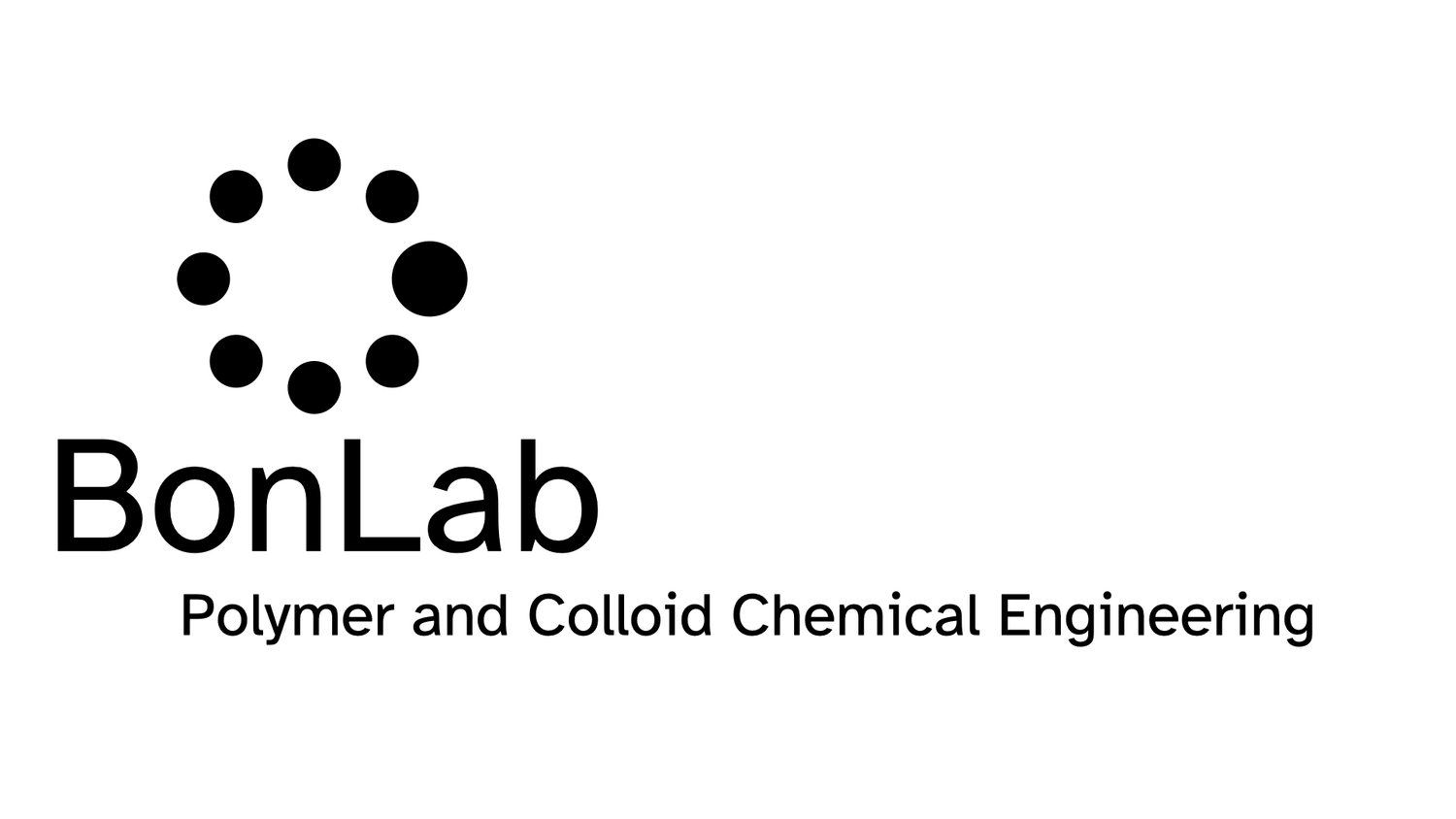Come and find out about all that Warwick has to offer in terms of facilities, capabilities, opportunities for industrial collaboration, demands for student placements, KTP’s, grant-funded innovative research and Warwick Manufacturing Group.
The three speakers will be:
Stefan Bon - Warwick Polymers and Colloids
Presentation on Warwick Polymers and Colloids: The research activities at Warwick University related to coatings, inks and adhesives span across the faculty of science, engineering, and medicine and is supported by Warwick’s research technology platforms (RTPs) and global research priorities (GRPs). Stefan will give a short overview of key players in the polymer and colloid area, explain how industry can get involved, and will highlight some recent success stories from his own team, BonLab.
Prof. dr. ir. Stefan A. F. Bon is a professor at Warwick University and co-lead of Warwick’s Global Research Priority Innovative Manufacturing & Future Materials. His research team, BonLab combines polymer and colloid chemistry with soft matter physics and adds a chemical engineering twist to innovate in science. He has a strong track record in collaborative research with industry.
Daniel Lester - Research Technology Platform
Daniel Lester will talk about what Research Technology Platform is all about, some analytical capabilities within and ways of accessing University of Warwick facilities.
Dan attended Sussex University and obtained an MChem follow by a PhD in physical inorganic Chemistry. After leaving Sussex he joined Warwick University in 2013 as a Research Technician focussing on polymer characterisation. This followed by setting up a Polymer Characterisation facility in 2017 and joining the Research Technology Platform department, of which Dan is the manager. As part of this facility Dan manages ~30 instruments, specialising in GPC, thermal analysis and particle sizing. The facility supports the research of internal users but also offers its services externally, and has applied its knowledge to everything from coatings to personal care.”
Russ Noble - SME team at WMG
Russ Noble will present the work the SME team at WMG does in supporting UK manufacturing SMEs with their innovation challenges. Russ will give a brief overview of WMG’s key manufacturing capabilities and technical offers for businesses, explain how the team works with businesses from initial feasibility studies through to knowledge transfer with dedicated experts resident in the business, and include some case studies from projects with manufacturing SMEs.
Russ Noble is a Business Development Manager in the SME team at WMG. His role is to identify, engage and support UK manufacturing businesses with a range of business and technical offerings from the across WMG group. These offerings include Materials & Manufacturing, Digital & Sustainable Manufacturing, Transport Electrification and Intelligent Vehicles.
More info and registration on the OCCA Website.
































